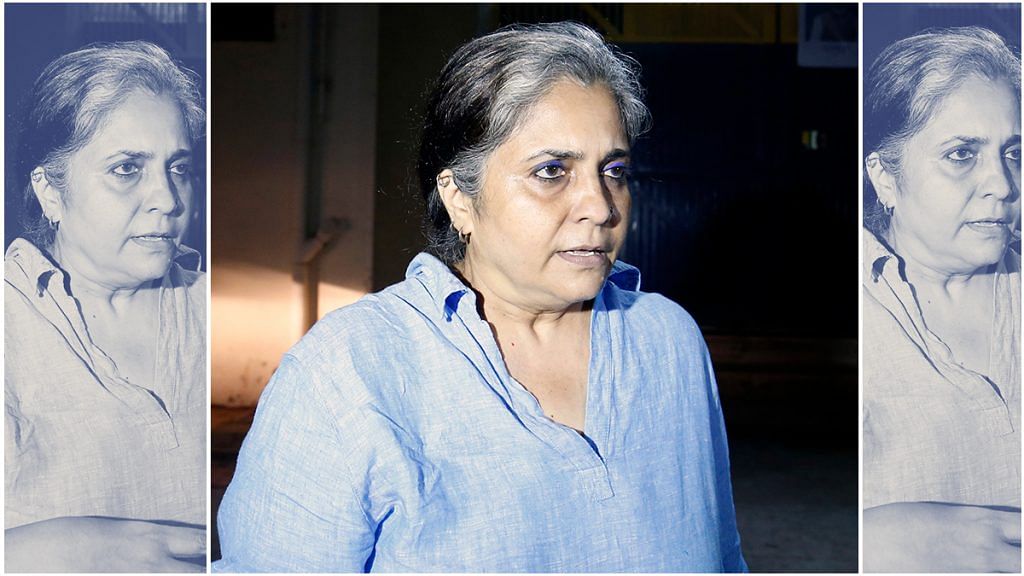New Delhi: The central government has opposed the petition by social activist Teesta Setalvad challenging anti-conversion laws brought in by a number of states while questioning her locus standi to file such a plea.
In an affidavit filed by Shri Prakash, a joint secretary of the Ministry of Home Affairs (MHA), the government expressed its reservation over the top court hearing Setalvad’s plea in view of the criminal proceedings pending against her.
The SC had granted Setalvad (60) interim bail last September in a case where the Gujarat Police accused her of fabricating documents to implicate highly placed government functionaries in the 2002 communal riots that followed the Godhra incident.
The government sought to raise doubts over her credibility and said that it was a settled position of law that the background of a petitioner would be “the most relevant consideration for a constitutional court” to decide whether it should invoke the jurisdiction vested in it at the behest of someone who espouses “divisive politics”.
The affidavit was filed in an ongoing case where certain petitions have been filed against the anti-conversion law introduced in states such as Uttarakhand, Uttar Pradesh, Himachal Pradesh and Madhya Pradesh.
The Citizens for Justice and Peace (CJP), a nonprofit of which Setalvad is a founding member and secretary, is one of the petitioners in the case.
The matter was taken up Monday when the government affidavit was placed before the bench led by Chief Justice D.Y. Chandrachud. Making his brief verbal submissions, Attorney General R. Venkataramani informed the court about the government’s objections to Setalvad’s petition and said a detailed affidavit on it was already on record.
The court, however, did not make any observations regarding the government’s stand on Setalvad and, instead, adjourned the hearing of the petitions until 3 February.
In its affidavit, the government accused Setalvad of taking up public causes for “objects and intents” other than the public interest. It added that from a “series of judicial proceedings, it is now established that the petitioner (CJP) allows its name to be used through its two office bearers at the behest of some selected political interest and also earns out of such activity”.
The affidavit declared Setalvad “guilty of collecting huge funds” and exploiting “agonies of riot-affected people” for which, it said, she and other office bearers of CJP were facing criminal proceedings.
“I respectfully submit that under the guise of serving public interest, the petitioner deliberately undertakes, and consciously and surreptitiously espouses divisive politics in an attempt to divide the society on religious and communal lines,” the joint secretary underlined in his affidavit.
According to the affidavit, CJP operates in several states and is currently active in Assam.
The affidavit goes on to urge the top court to examine the government’s concern over CJP’s locus standi and said it would not object to the organisation’s petition if it is bonafide in contesting it.
CJP’s petition initially challenged the Uttarakhand Freedom of Religion Act (2018) and the Uttar Pradesh Prohibition of Unlawful Conversion of Religion Ordinance, 2020.
The laws in question raised issues of privacy, gave extra-Constitutional powers to the police and were in violation of constitutional principles such as secularism, equality and non-discrimination, the CJP had argued.
Later, it amended the petition to also challenge the Madhya Pradesh Freedom of Religion Ordinance, 2020 and the Himachal Pradesh Freedom of Religion Act, 2019.
(Edited by Amrtansh Arora)
Also Read: Booked in six cheating cases, Dehradun businessman moves Supreme Court to shed ‘gangster’ tag
